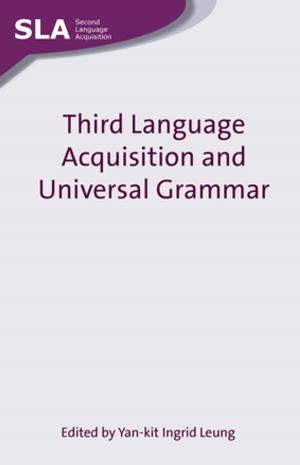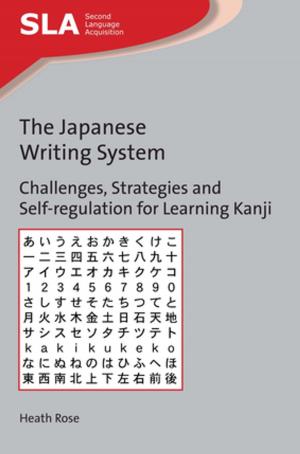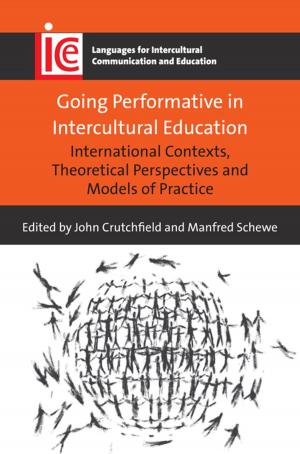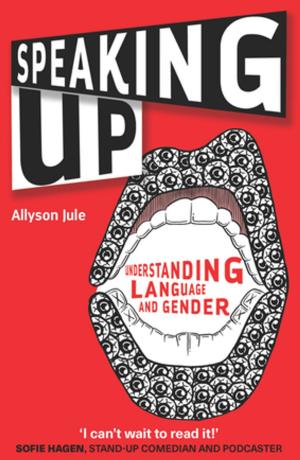Sociolinguistics and the Legal Process
Nonfiction, Reference & Language, Law, General Practice, Language Arts, Linguistics| Author: | Dr. Diana Eades | ISBN: | 9781847696779 |
| Publisher: | Channel View Publications | Publication: | April 6, 2010 |
| Imprint: | Multilingual Matters | Language: | English |
| Author: | Dr. Diana Eades |
| ISBN: | 9781847696779 |
| Publisher: | Channel View Publications |
| Publication: | April 6, 2010 |
| Imprint: | Multilingual Matters |
| Language: | English |
Sociolinguistics and the Legal Process is an introduction to language, law and society for advanced undergraduate and postgraduate students. Its central focus is the exploration of what sociolinguistic research can tell us about how language works and doesn’t work in the legal process. Written for readers who may not have prior knowledge of sociolinguistics or the law, the book has an accessible style combined with discussion questions and exercises as well as topics for assignments, term papers, theses and dissertations. A wide range of legal contexts are investigated, including courtroom hearings, police interviews, lawyer interviews as well as small claims courts, mediation, youth justice conferencing and indigenous courts. The final chapter looks at how sociolinguists can contribute to the legal process: as expert witnesses, through legal education, and through investigating the role of language in the perpetuation of inequality in and through the legal process.
Sociolinguistics and the Legal Process is an introduction to language, law and society for advanced undergraduate and postgraduate students. Its central focus is the exploration of what sociolinguistic research can tell us about how language works and doesn’t work in the legal process. Written for readers who may not have prior knowledge of sociolinguistics or the law, the book has an accessible style combined with discussion questions and exercises as well as topics for assignments, term papers, theses and dissertations. A wide range of legal contexts are investigated, including courtroom hearings, police interviews, lawyer interviews as well as small claims courts, mediation, youth justice conferencing and indigenous courts. The final chapter looks at how sociolinguists can contribute to the legal process: as expert witnesses, through legal education, and through investigating the role of language in the perpetuation of inequality in and through the legal process.















